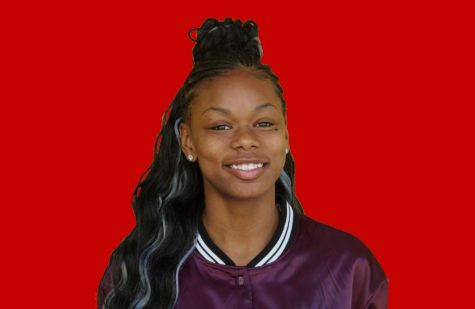Celebrities open up about mental illness, face backlash on social media
Summer Walker, a breakout rnb artist, known mostly for her single, girls need love, has been the subject of multiple media outlets for deviating from the norm of a musical artist. Most recently, she has been open about her social anxiety around performing, even going as far as to cancel over half of her tour. This was hit with expected backlash, but this isn’t the first time she has gotten hate because of her mental illness.
As an African American female, there is a stereotype that we are always loud and boisterous. If we are not, it is seen as having an attitude issue. In the African American community, females are always expected to act a certain way, because of stereotypes placed onto us. African American girls cannot be quiet, irritated, tired, or nervous.
The mental health campaign has been headlined by white celebrities, so to see someone that looks like me struggle with something that everyone struggles with is refreshing. It is important because some little black kid somewhere is struggling with it too.
Summer Walker has unknowingly driven a conversation about who society will allow to struggle with mental illness – whether that be black girls or celebrities.
There has been a lot of pressure from fans for Summer Walker to do tours, meet and greets, appearances, etc. Through social media, she has expressed the amount of stress it puts on her. The standard she is held to needs to be re-evaluated. Although these things may be expected from celebrities, she should be able to say no.
A lot of male celebrities are allowed to do as they please. When a male celebrity, like Frank Ocean, is very private, it is seen as brooding, mysterious, and attractive. The sexism that lies within this issue must be talked about.
Black women in the entertainment are held to an impossible standard. Other celebrities, such as Janet Jackson and Alicia Keys have opened up about their struggles with anxiety and depression. A common theme in all these stories was that they felt like they couldn’t reach out for help. The sexism that comes with being a woman in a male dominated industry, on top of the racism in the industry means that black women need to work twice as hard to be seen half as great as their counterparts.


